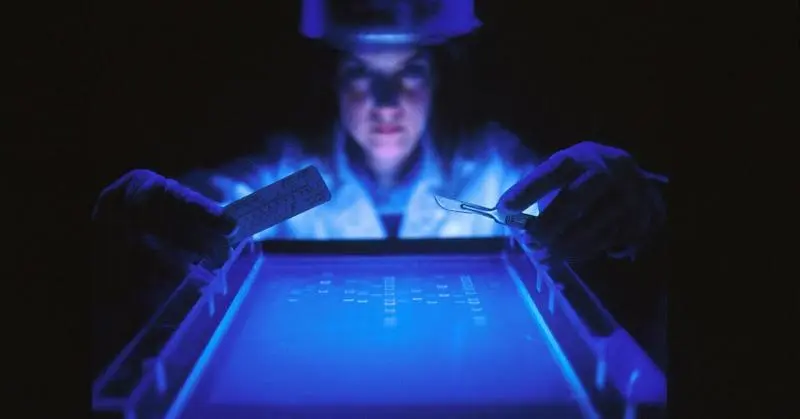A Master’s in Medical Laboratory Science opens diverse pathways for professionals seeking to excel in healthcare diagnostics. This advanced degree equips individuals with a deeper understanding of laboratory processes and patient care, enhanced research abilities, and leadership skills.
Graduates with this specialized training are highly sought after for their expertise in analyzing complex clinical data that informs critical medical decisions. This article will explore the opportunities available to those pursuing this advanced degree. Keep reading to learn how this qualification can elevate your career.
Advancing Your Career: Specializations and Further Education
For those looking to advance in the field of Medical Laboratory Science, obtaining a master’s degree can lead to areas of specialization that offer unique challenges and rewards. Specialties such as molecular diagnostics, cytogenetics, or clinical chemistry allow practitioners to delve deeper into the intricacies of disease at a cellular level.
Further education also paves the way for research opportunities, where medical laboratory scientists can lead or participate in cutting-edge studies that contribute to medical advancements. This enhances the professional’s skill set and adds to the medical community’s collective knowledge.
Moreover, advanced certifications and continuous training are highly encouraged within the profession. Staying current with the latest developments and maintaining proficiency in specialized areas demonstrate a commitment to excellence and can lead to increased job satisfaction.
Academic careers are another avenue for those with a master’s degree in MLS. Teaching the next generation of medical laboratory scientists combines the joy of mentoring with pursuing ongoing personal and professional development.
Master’s in Medical Laboratory Science: A Pathway to Leadership Positions
A Master’s in Medical Laboratory Science can be a stepping stone to leadership roles within clinical laboratories or healthcare organizations. Graduates are well-positioned for management positions, where they can influence laboratory operations, policy development, and healthcare delivery systems.
In these higher-level roles, professionals are responsible for team leadership, strategic planning, and the oversight of complex projects. They become stewards of laboratory resources and liaise between the laboratory staff and healthcare administrators.
With their advanced knowledge, these leaders also contribute to shaping the future of healthcare by developing innovative laboratory services and establishing best practices. Their work ensures that laboratories operate efficiently and align with their organizations’ goals.
A quick Google search for “masters medical laboratory science” can help you find schools offering programs especially valuable for those aiming to become subject matter experts in specific laboratory areas. This advanced expertise is crucial for ensuring accuracy and reliability in diagnostic testing, a vital component of effective patient care.
Evaluating the Job Market and Salary Prospects for Medical Laboratory Science Graduates
Medical Laboratory Science is a rapidly growing field, with the Bureau of Labor Statistics predicting a higher-than-average job growth rate. This growth is due to the increasing demand for diagnostic services, an aging population, and technological advancements.
With a master’s degree, salary prospects improve significantly. This advanced qualification signals highly valued expertise in the job market, often translating into higher pay and better benefits. Employment in specialized areas typically offers salaries that reflect the additional knowledge and skills required.
Professionals with a master’s degree are also more likely to land positions in leading hospitals, reference laboratories, or research institutions. These settings often provide opportunities for further career advancement and additional perks like continued education and professional development programs.
Finally, geographical location plays a role in salary and employment prospects. Regions with larger healthcare systems or higher living costs typically offer more job opportunities and competitive salaries for medical laboratory scientists with advanced degrees.
Overall, a Master’s in Medical Laboratory Science offers many opportunities, from specialization and leadership roles to research and academia, allowing professionals to impact healthcare significantly. This advanced degree enhances career prospects and equips graduates with the expertise needed to drive innovation and ensure the highest standards in medical diagnostics.








